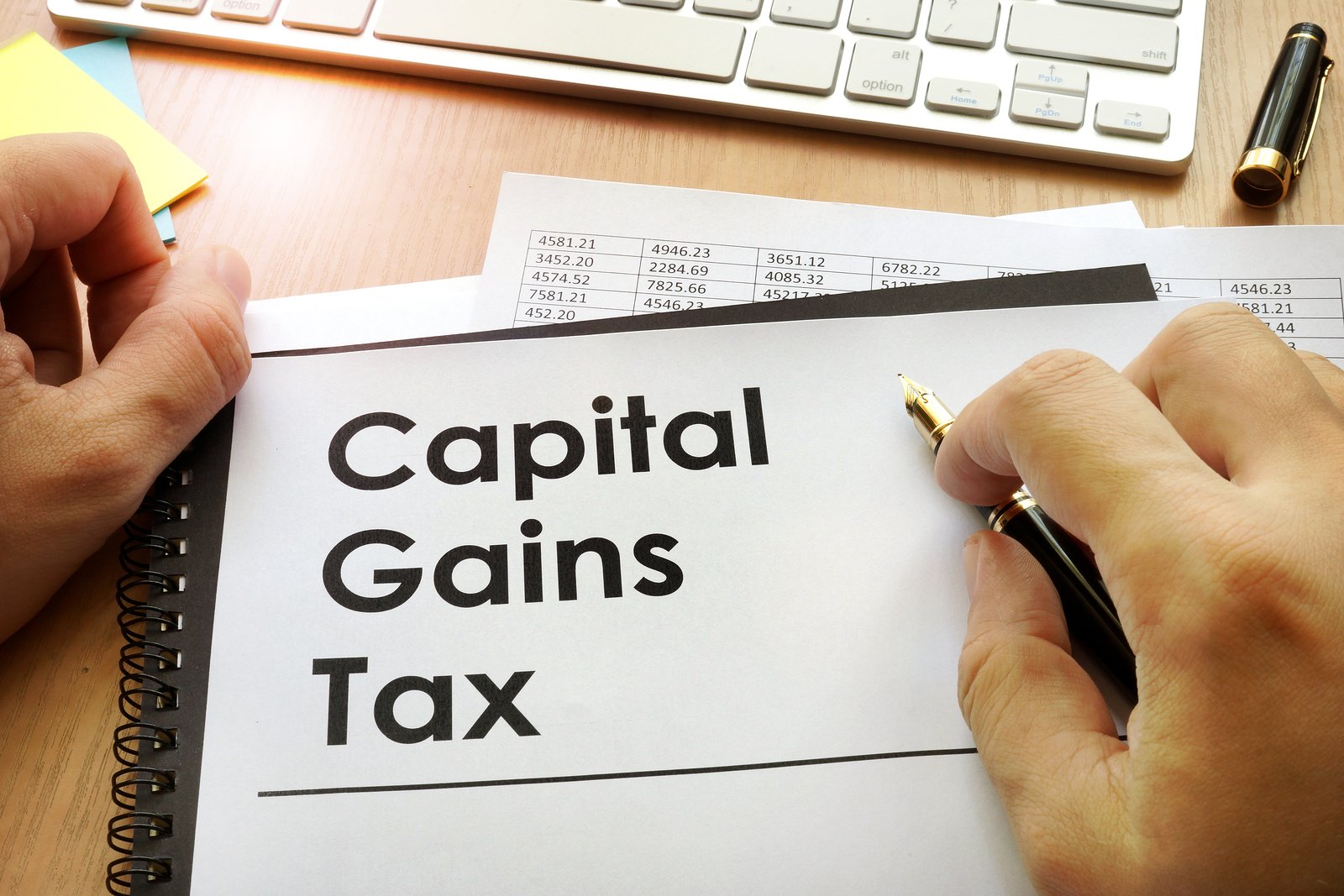
Capital Gains Tax in Australia: What You Need to Know for Property Owners
Capital gains tax (CGT) is an essential consideration for anyone selling property in Australia. Whether you’re selling a house, an investment property, or even vacant land, it’s crucial to understand the tax implications. This guide will walk you through everything you need to know about CGT, using tools like a capital gain tax calculator and examining the specific rules for property in Victoria and across Australia.
What is Capital Gains Tax (CGT)?
Capital gains tax refers to the tax you pay on the profit when you sell a property or investment. In Australia, the tax is applicable to residential properties, investment homes, vacant land, and other types of real estate.
How to Calculate Capital Gains Tax in Australia
There are several tools available to help you estimate your CGT liability. For instance, a capital gains tax calculator Australia can simplify the process of determining the tax you’ll need to pay. This can be particularly useful if you’re unsure of the applicable capital gains tax rates in Australia.
Capital Gain Tax Calculator
A CGT calculator helps you estimate the amount you owe based on the profit you’ve made from the sale of a property. If you’re looking to sell in Queensland, using a capital gain tax calculator Quensland can provide region-specific calculations.
Capital Gains Tax Australia Calculator
Many online platforms provide a more general capital gains tax estimator for Australian properties. It allows you to input variables like purchase price, sale price, and holding duration to estimate the amount owed.
Understanding the Rules and Examples
To avoid costly mistakes, it’s essential to familiarize yourself with capital gains tax rules. One such rule is the CGT exemption for your principal place of residence—meaning if you’re selling your primary home, you may be eligible for a full or partial exemption.
Here’s a capital gains tax example: If you purchased a property for $500,000 and sold it later for $700,000, you have made a $200,000 capital gain. This gain would be subject to CGT, though factors like ownership duration and residency status can affect the final tax payable.
CGT on Different Types of Property
CGT applies differently depending on the type of property you’re selling.
Capital Gains Tax on Investment Properties
Investment properties are always subject to CGT. However, the tax can be minimized by holding the property for over a year, as this allows for a 50% CGT discount for individuals.
Capital Gains Tax on Vacant Land
Selling vacant land is also subject to CGT. A capital gains tax on vacant land calculator can assist in estimating your potential tax liabilities before you make a sale.
Capital Gains Tax on Residential Property
While the sale of your principal place of residence is usually CGT-free, second homes, rental properties, or holiday homes will attract capital gains tax.
Capital Gains Tax on Gifted Property
If you gift property to someone, such as a family member, the property is still subject to CGT based on its market value at the time of transfer.
Capital Gains Tax on Gold and Other Assets
While this article focuses on real estate, it’s worth mentioning that CGT also applies to other assets like gold and shares. Understanding these tax rules ensures you’re prepared for all kinds of investment gains.
Being well-prepared for capital gains tax can save you significant time and money. Using a capital gains tax calculator Australia, understanding capital gains rules, and being aware of exemptions like the capital gains tax principal place of residence rule can help you navigate this complex area of taxation with confidence.
Whether you’re selling property in QLD, dealing with an investment property, or estimating CGT on vacant land, it’s essential to be informed about the tax implications. Sunstate Conveyancing can help ensure a smooth property sale while guiding you through the tax process, so you’re not caught off guard by capital gains taxes.
This is general advice only.



